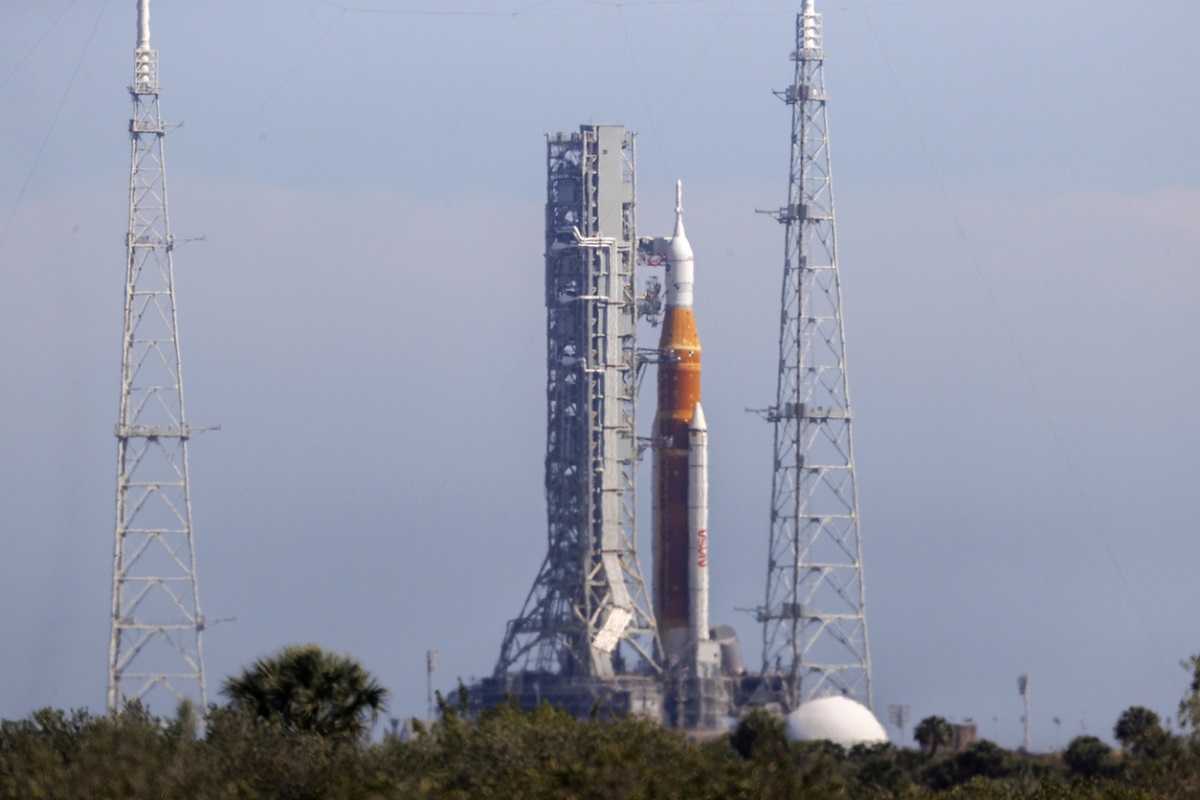
MSU to Send Amino Acid-Enriched Plant Seeds to Space
August 31, 2022| |
The Brandizzi Laboratory of the Michigan State University (MSU) is sending seeds enriched in amino acids of the plant Arabidopsis thaliana to space to investigate if fortifying seeds on Earth could create a more sustainable path to growing healthier, nutrient-packed plants in space as a source of food for space travelers.
The experiment is one of four that is part of the National Aeronautics and Space Administration's (NASA) Biological and Physical Sciences' Biological Experiment 01 (BioExpt-01) mission through Artemis I that will serve as a pathfinder for biological research beyond low-Earth orbit. The MSU scientists' objective for sending the Arabidopsis seeds into space is to study the impact of space-flight beyond the Van Allen radiation belt on amino acids of the plant.
Amino acids are the building blocks of proteins that keep plants strong on earth and serve as nutrient sources for people who eat them. Previous studies have shown that plants grown in space are subject to several stressors and lose nutrients, including amino acids, in microgravity. The MSU scientists are trying to understand the biology and development of plants in space better to compensate for these changes and improve plant productivity using the seeds they modified. Since these seeds have higher amino acid content essential for the human diet, they may aid astronauts in growing and producing their own nutritious food during long-distance space travel.
Obtaining the result from these experiments can help researchers understand how biological life forms can survive more in deep space and support future manned missions to the Moon and Mars.
For more details, read the news releases from NASA and MSU, and the report from Audacy.
| |
You might also like:
- UC Davis Team Develops GM Lettuce to Protect Astronauts' Bones in Long Spaceflights
- US University Sends Cotton to Space to Explore Potentials of Somatic Embryogenesis in Genome Editing
- Scientists Identify Biotech Techniques to Improve Space Agriculture
Biotech Updates is a weekly newsletter of ISAAA, a not-for-profit organization. It is distributed for free to over 22,000 subscribers worldwide to inform them about the key developments in biosciences, especially in biotechnology. Your support will help us in our mission to feed the world with knowledge. You can help by donating as little as $10.
-
See more articles:
-
News from Around the World
- Flavonoids from Sorghum Plants Kill Fall Armyworm on Corn
- Plants that Fix Nitrogen from Air Thrive in Arid Environments
- MSU to Send Amino Acid-Enriched Plant Seeds to Space
- Decoded Oyster DNA Opens Up New Breeding Opportunities
- Researchers Develop Mathematical Model that Predicts Plant Response to Climate Change
-
Research Highlights
- Transgenic Common Bean Offers More Sustainable Strategy Against Whitefly
-
Plant
- Workshop Tackles Policy Considerations for Gene Editing in Asia and Australia
- Filipino Researchers Develop Improved Eggplant Varieties Using Innovative Technologies
-
Read the latest: - Biotech Updates (January 28, 2026)
- Gene Editing Supplement (January 28, 2026)
- Gene Drive Supplement (February 22, 2023)
-
Subscribe to BU: - Share
- Tweet

